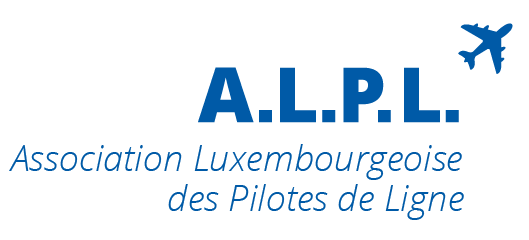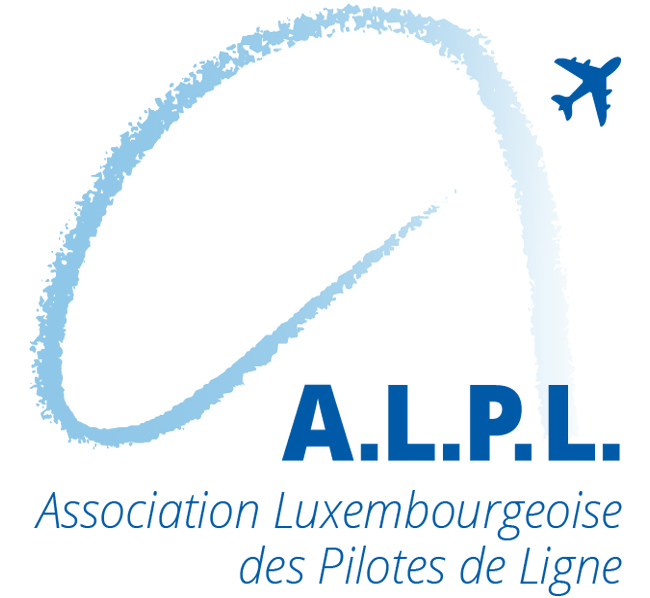In the third part of our series “Know your CWA” we will expand on “Positioning”. To keep this issue short, we would like to look initially at Positioning in general and in more detail at “a Duty consisting solely of Positioning”.
B1-36.6 Positioning
When a Pilot is required to Position immediately following an operating sector the total time spent on Duty shall count toward the Duty Time, with a maximum combined Flight and Positioning time of:
- a) Standard Flight Crew: 16:00 hours.
- b) Augmented Flight Crew: 18:00 hours.
When a Pilot performs a Duty consisting solely of Positioning, the time from Block Off of the first positioning sector to Block On of the last positioning sector shall not exceed 20 hours.
Transportation to and from Hotel accommodation at the behest of the Company is not considered positioning.
Positioning applies to all modes of transportation. Certain airport pairs, as listed in the OM Part A, are considered the same airport for the purpose of determining if positioning time is required.
Positioning is defined in Part III of the CWA as “Means the transferring of a non-operating Pilot from one place to another, at the behest of the operator, excluding the time of travel from a private place of rest to the designated reporting place at home base and vice versa, and the time for local transfer from a place of rest to the commencement of duty and vice versa.”
This article is hence only valid for the above-mentioned purpose and is also referring to a list of city airports in the OM-A Chapter 7, Section 4. In this list, you can find airports that are considered as equal for transportation between the crew hotel and an airport due to their relative proximity. If you for instance arrive at Dubai International Airport (OMDB) and depart again from Dubai World Central (OMDW), the transportation from the hotel in DXB to the other airport is not considered as positioning.
The beginning and end of “Positioning duty only” times are specified in CWA Art. B1-36.2.5 and distinguished by the means of traveling.
B1-36.2.5 Positioning duty only
a) First positioning sector is on board of an aircraft

* The time can be increased for operational reasons by the Company only.
**If an aircraft is not used on the last sector of a positioning duty, Block On shall be replaced by the actual arrival time of the vehicle used for transportation.

b) First positioning sector is by any other means than by air

*If an aircraft is not used on the last sector of a positioning duty, Block On shall be replaced by the actual arrival time of the vehicle used for transportation.

Important to know is also the following additional restriction: If a pilot performs a duty solely of positioning the maximum allowable positioning time of 20 hours starts at the scheduled block off of the first positioning sector and ends at the actual block on of the last sector. If it is expected that this limit would be exceeded, the pilot may insist that the positioning duty and his roster is changed to observe this limitation.
All times spent positioning count as Duty Time and CWA Art. B1-35.2.5 above must be consulted in order to:
- calculate the actual Duty Time, which is added up towards the Duty Period Limitations as defined in CWA Art. B1-36.1.2
- determine the required Rest Period after positioning a pilot is entitled to
- calculate the overtime payment according to CWA B1-39.5.1 if more than 160 Duty hours in one consecutive Roster Period of 28 days are worked.
Example A:
A pilot is scheduled to position on a commercial flight EK xyz from HKG to DXB with a STD of 08.15 UTC and a STA of 16.45 UTC. Because of delayed boarding flight EK xyz departs at 09.00 UTC and arrives in DXB at 17.50 UTC. The total duty time is 10:35 h, from 07.15 UTC (Reporting Time) until 17.50 UTC (ATA).

Example B:
A pilot is scheduled to position on a CLX flight from LUX via DXB to HKG. STD is 20.00 UTC. The flight departs LUX at 20.25 UTC and arrives in DXB at 02.30 UTC. In DXB the aircraft stays on the ground for a few hours and departs again at 07.10 UTC. ATA in HKG is 15.45 UTC. The positioning time is 19:45 h (STD until ATA) and the total duty time 20:55 h, from 18.50 UTC (Reporting Time) until 15.45 UTC (ATA).

But what if the maximum positioning time of 20 hours would be exceeded?
In that case it is the obligation of the company to change the roster accordingly.
Please follow this link to download your copy of the CWA for your perusal on the company provided iPad or any other computer for future reference.
If you have any questions do not hesitate to contact us at cvboard@alpl.lu for clarification.
All parts of this series can be found here in the Publications section under Cargolux Board.





